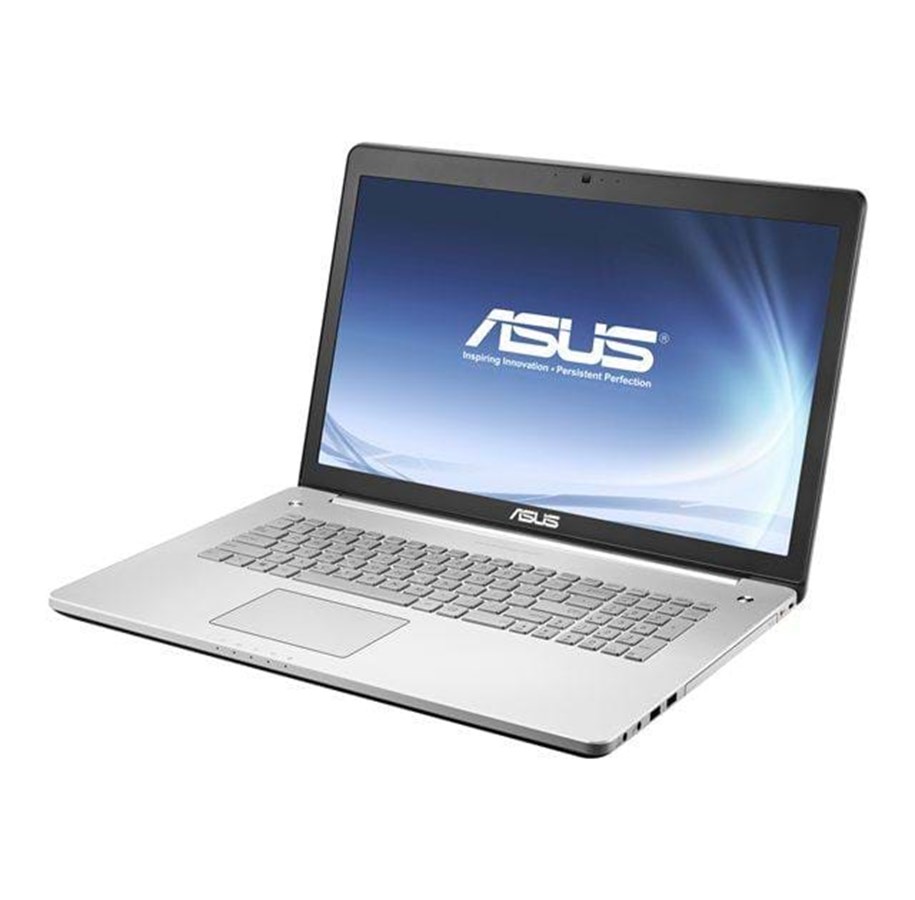It's an ASUS N750JK (i7 4700HQ CPU, 16 GB RAM, graphic cards HD 4600 + GeForce GTX850M, Windows 10 on a 840EVO 250GB SSD). It always had some problems -the original motherboard had to be replaced by ASUS when it was in guarantee- but recently it had some more issues that I described in a couple of separate threads, as apparently they were not related to each other. But now I wonder if those issues are just all signs that my notebook is going to die soon!
BTW, this notebook is not going to support Windows 11 but it could still live with 10 or Linux.
Any advice is welcome!
For further details, see my previous threads about the specific issues...
 forums.tomshardware.com
forums.tomshardware.com
 forums.tomshardware.com
forums.tomshardware.com

- there was an electric short when I connected headphones. That caused the notebook to shut down and I had to remove the battery and put it back in order to boot again.
- CPU temperatures easily run high in the nineties (Celsius) for no apparent reason. Cooling remedies don't seem to be effective so far. High temps might explain some other random shutdowns and, in the long run, stress the notebook hardware. BTW, according to Samsung Magician the SSD's gets a bit too warm too. The temperature is now around 50 Celsius, which Magician describes as "High".
- The notebook's data HDD, a 750GB Hitachi TravelStar 7K1000 , suddenly crashed a few days after issue #1. The problem started just after I turned on Bitlocker encryption, but I don't know if it was caused by Bitlocker in the first place OR something broke down at hardware level, perhaps the hard disk controller? The disk went from apparently A-OK to data catastrophe, lost partitions, bad blocks everywhere.
BTW, this notebook is not going to support Windows 11 but it could still live with 10 or Linux.
Any advice is welcome!
For further details, see my previous threads about the specific issues...
[SOLVED] - ASUS notebook having sudden shutdowns -- headphone jack induced short, overheating, or something else?
Two days ago My ASUS N750JK notebook crashed after I inserted the headphone jack into the headphone hole. The same headphones work fine on a different notebook. Actually, I had briefly put the jack in the mic port, my bad, then I immediately moved it to the correct headphone hole, then Windows...
Question - Corrupted Bitlocker data partition
I used Bitlocker in the past on this same PC and never had problems. Yesterday I turned on Bitlocker on drive C: and, after a first reboot, on E: (data HDD). I selected the new Bitlocker encryption mode, not the compatible one. It’s Windows 10 pro 2H20 on an ASUS N750JK notebook. I saved the BL...

Last edited:

